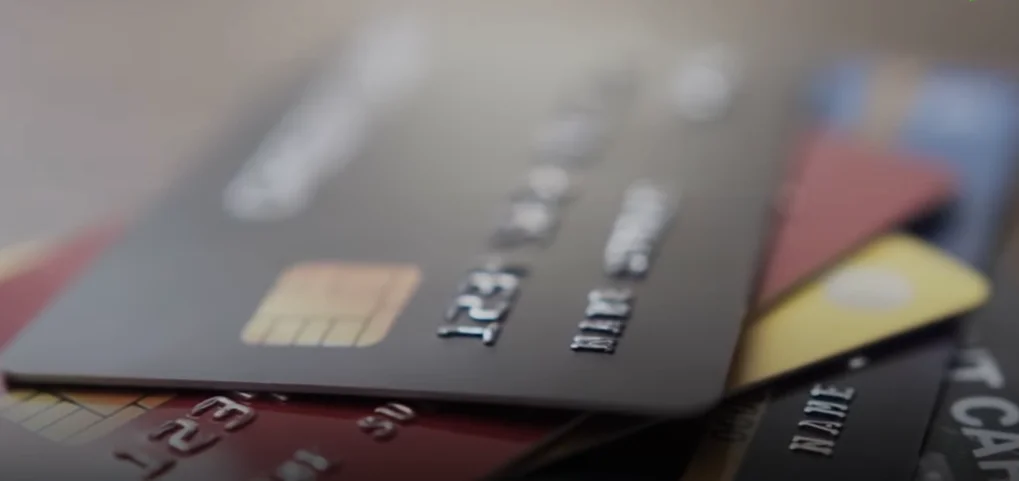5 Qualifying Factors For The Best Credit Cards

Best Credit cards are a vital part of anyone’s financial life, and finding the right card for your needs can be daunting. But it doesn’t have to be! In this blog post, we’ll break down what makes for a good credit card and how you can use these five factors to decide which one might work best for you.
Qualifying Factors For The Best Credit Cards

When it comes to finding the best credit card, there are a few things you should consider. Here are five qualifying factors to help you determine which card is right for you.
What to Look For When Searching For a Best Credit Card

When searching for a credit card, there are a few things to keep in mind. Five qualifying factors can help you find the best card for your needs.
- Monthly Fees: Credit cards with monthly fees typically have higher interest rates and can be more difficult to pay off over time. Consider whether you need the convenience or extra protection that a card with a monthly fee provides.
- Interest Rate: The interest rate on a credit card is one of the most important factors to consider. This is because high interest rates can increase the amount you owe in debt over time and can lead to costly late payments and missed payments.
- Annual Fee: An annual fee is one of the most common charges on credit cards and may be associated with lower interest rates or other benefits, such as increased bonus points or travel insurance.
- Ongoing Rewards: Many credit cards offer rewards programs that can provide incentives for spending money and helping to improve your credit score. Consider whether you’d benefit from an ongoing rewards program before signing up for a card.
- The APR: The APR (annual percentage rate) is another important factor to consider when shopping for a credit card. This number
How To Apply for a Credit Card

If you’re looking for a credit card, there are a few things you need to do first. Here are five qualifying factors that will help you decide which card is best for you.
- Your Monthly Payments through Credit Cards
Before you can apply for a credit card, you need to know how much money you can afford to spend each month. Use the “How Much Debt Can I Afford” calculator on CreditCards.com to see how your monthly payments would be affected by getting a specific type of card.
- Your Credit Score of Credit Cards
Your credit score is one of the most important factors when applying for a credit card. A high score means that you’re likely to pay your debts back in full and on time. You can get your credit score free every month on CreditKarma.com.
- Your Debt-To-Income Ratio of Credit Cards
Your debt-to-income ratio is also important when applying for a credit card. The lower the number, the better your chances of being approved for a loan or credit card. You can calculate your debt-to-income ratio using our mortgage calculator on CreditKarma.com.
- Your Financial Situation with Credit Cards
Before applying for any type of
Which Is Better Cash Back or 0% Interest?

Cash back cards are one of the most popular types of credit cards. They give cardholders a percentage of their purchase amount back in cash, usually every month.
% interest cards are also a popular type of credit card. They offer cardholders a fixed APR (annual percentage rate) with no interest charged on purchases for the first year. After the first year, the APR will be based on the cardholder’s credit score. % interest cards usually have lower fees than cash back cards, and they often have benefits such as travel insurance and roadside assistance.
Which type of credit card is best for you depends on your qualifying factors. Here are five qualifying factors to help you decide which type of credit card is best for you:
- Your budget: % interest cards tend to have higher fees than cash back cards, but they offer more benefits beyond just rewards. If you can afford to pay the fees, % interest cards may be the better option for you.
- Your lifestyle: Some people prefer cash back cards because they get a percentage of their purchase amount back each month without having to think about it. Others prefer % interest cards because they get a fixed APR with no interest charged on purchases for the
Is There a Difference Between Good and Bad Rewards Programs?
There’s a lot of debate out there as to whether or not there is a difference between good and bad rewards programs. But, if you’re looking for the best deals on your purchases, it’s important to understand the differences between both types of programs.
Here are five qualifying factors that will help you decide if a rewards program is good or bad for you:
- How often do I need to use my rewards?
Good rewards programs usually give you points for every purchase you make, no matter how small. This means that you can redeem your points for a wide variety of things, from discounts on your next purchase to free travel.
bad rewards programs usually only give you points for big-ticket items, like cars or appliances. So, while they may be good for getting discounts on your next purchase, they may not be as useful when it comes to earning free travel or other smaller perks.
- Are the rewards redeemable immediately?
One of the biggest benefits of good rewards programs is that they allow you to redeem your points immediately. This means that you don’t have to wait for a redemption deadline or spend time tracking down a specific code in order to get your
For more valuable information visit website


